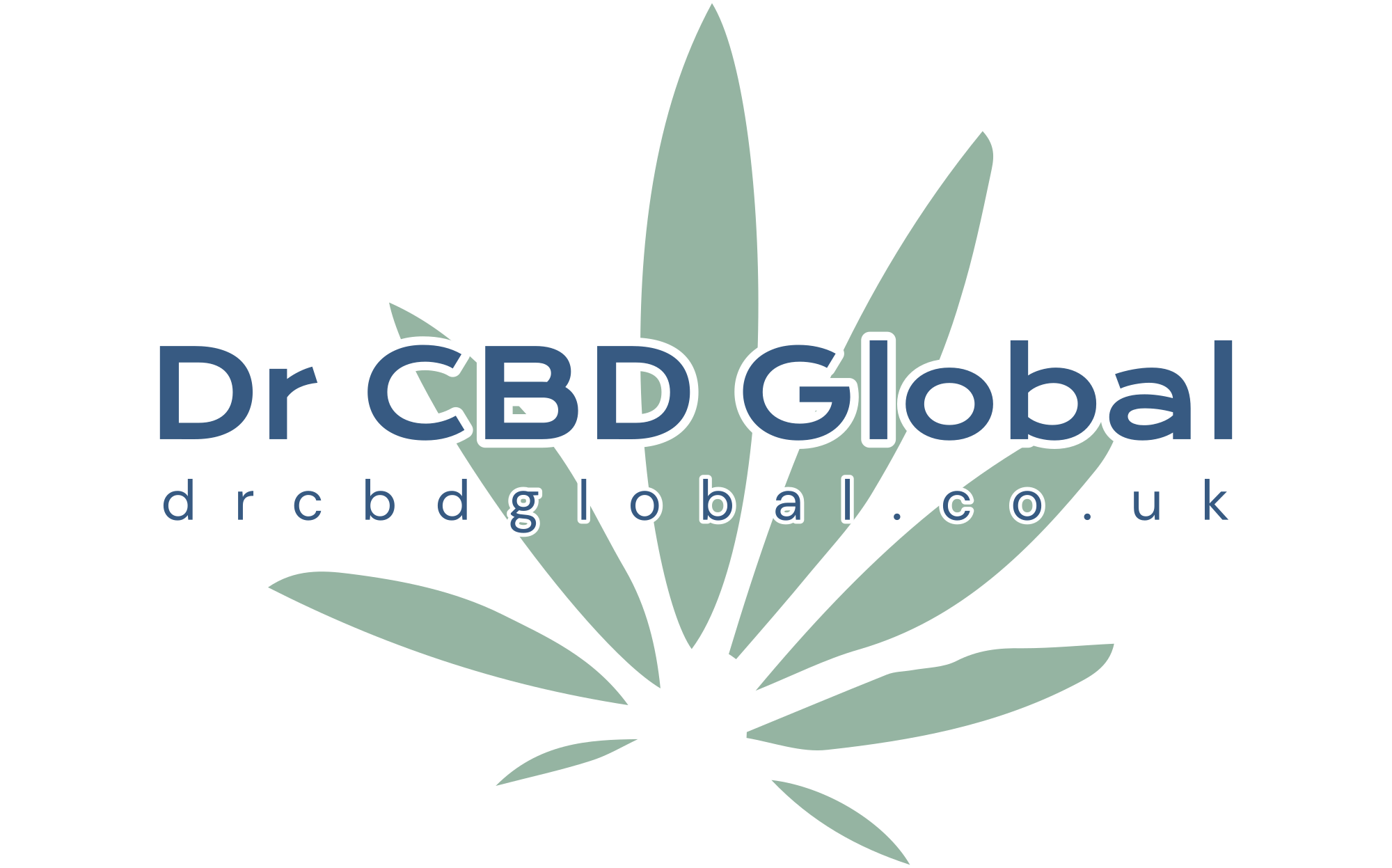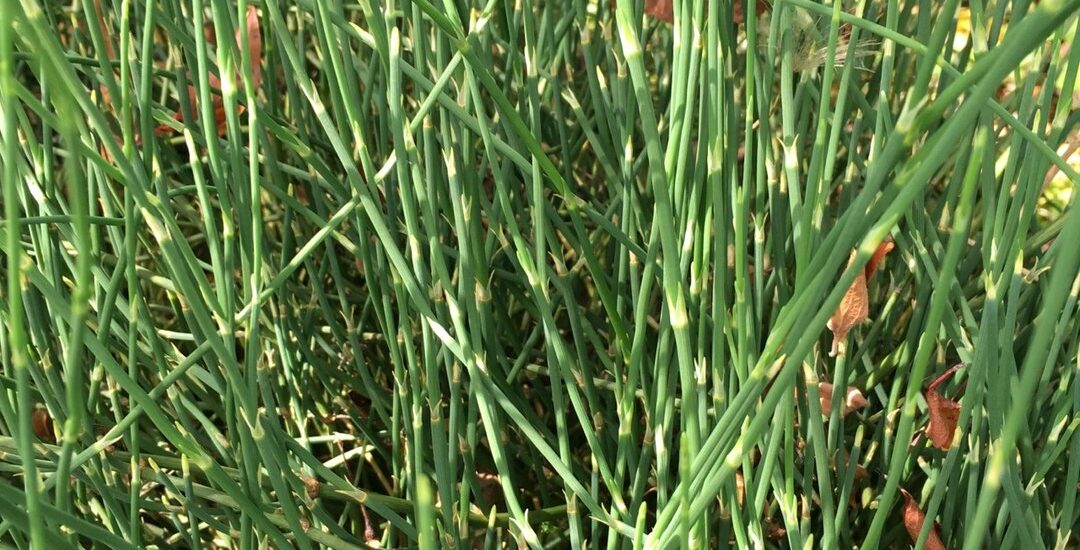Understanding Ephedra (Ma Huang)
Ephedra refers to a group of plants in the Ephedraceae family. Traditionally, the Chinese species Ephedra sinica (Ma Huang) has been used in medicine. Ephedra contains several chemical compounds, but the most significant in terms of its effects on weight loss and performance enhancement are the ephedrine alkaloids, which are powerful stimulants.
Ephedra for Weight Loss
Ephedra became popular in the weight loss community due to its stimulant properties, which can increase metabolism, enhance fat loss, and suppress appetite. Studies in the late 20th and early 21st centuries showed that ephedra, especially when combined with caffeine, significantly increased weight loss compared to diet and exercise alone. However, the risks associated with its use led to scrutiny and eventual regulation.
Dangers of Ephedra
The risks and dangers associated with ephedra consumption are significant. The stimulant effects of ephedrine alkaloids can lead to serious cardiovascular side effects, including:
- High blood pressure
- Heart palpitations
- Arrhythmias
- Myocardial infarction (heart attack)
- Stroke
Additionally, ephedra has been linked to psychiatric effects such as anxiety, mood swings, and insomnia. There have also been reports of dependency and abuse. The number of adverse events reported to health authorities led to a reevaluation of the safety of dietary supplements containing ephedra.
Legal Status of Ephedra
Due to the health risks associated with its use, the legal status of ephedra has changed dramatically in the early 21st century. In 2004, the United States Food and Drug Administration (FDA) banned the sale of dietary supplements containing ephedrine alkaloids. However, the ban does not apply to traditional Chinese herbal remedies or to the sale of pure ephedra sinica plants. Other countries have implemented similar restrictions or outright bans.
Current Legal Status by Region
United States
Sale of supplements containing ephedrine alkaloids is banned, but the plant itself is not regulated.
Canada
Health Canada regulates products containing ephedrine, allowing them only for nasal decongestion with strict limitations on dosage and labeling.
European Union
The sale of ephedrine-containing supplements is largely banned or restricted.
Australia
Ephedrine alkaloids are classified as controlled substances, and products containing them are strictly regulated.
Safety Considerations and Alternatives
Given the risks associated with ephedra, individuals seeking weight loss or performance enhancement should consider safer alternatives. Many natural and synthetic substances can support weight loss, such as green tea extract, conjugated linoleic acid (CLA), and caffeine, with a much lower risk profile. Always consult healthcare professionals before starting any new supplement regimen.
Frequently Asked Questions (FAQs)
Can I still buy ephedra legally?
In many countries, including the United States, the sale of dietary supplements containing ephedrine alkaloids is banned. However, the purchase of the plant itself for traditional uses or cultivation may not be regulated.
Is ephedra safe for short-term use?
Even short-term use of ephedra can be dangerous due to its potent stimulant effects and the risk of serious cardiovascular and psychiatric side effects.
Are there any safe doses of ephedra for weight loss?
Health authorities have determined that the risks associated with ephedra consumption outweigh its benefits for weight loss. No safe dose has been established, leading to the ban on dietary supplements containing ephedrine alkaloids.
What are the legal consequences of selling ephedra-containing supplements?
A4: In jurisdictions where the sale of ephedra-containing supplements is banned, selling these products can result in significant legal penalties, including fines and imprisonment.
How can I lose weight safely without using ephedra?
Safe weight loss can be achieved through a balanced diet, regular physical activity, and lifestyle changes. Consulting with healthcare professionals can also provide guidance and support for weight loss goals.
Has ephedra been banned for all uses?
A6: The bans typically apply to dietary supplements intended for weight loss, energy enhancement, or athletic performance. Traditional uses of the plant in herbal medicine are generally not covered by the bans.
Can I grow ephedra plants legally?
The legal status of cultivating ephedra plants depends on local laws. In many places, growing the plant for personal use is not regulated. However, producing or distributing ephedrine alkaloids extracted from the plants is subject to legal restrictions.
Conclusion
Ephedra, once popular for weight loss and as a performance enhancer, has been largely regulated out of the dietary supplement market due to its significant health risks. While the plant itself remains a part of traditional medicine, the sale of ephedrine alkaloid-containing supplements is banned or restricted in many countries. Individuals interested in weight loss or enhancing athletic performance should seek safer, legal alternatives and consult with healthcare professionals to ensure their health and safety.
- Comprehensive Review Top Vape Mods for Ultimate Vaping Experience By Vape Sourcing - April 18, 2024
- Vape Bliss: A Journey Through Just Delta’s THC Wonderland - April 18, 2024
- Is Basa Fish Healthy? Nutrition, Benefits and Dangers - April 11, 2024







